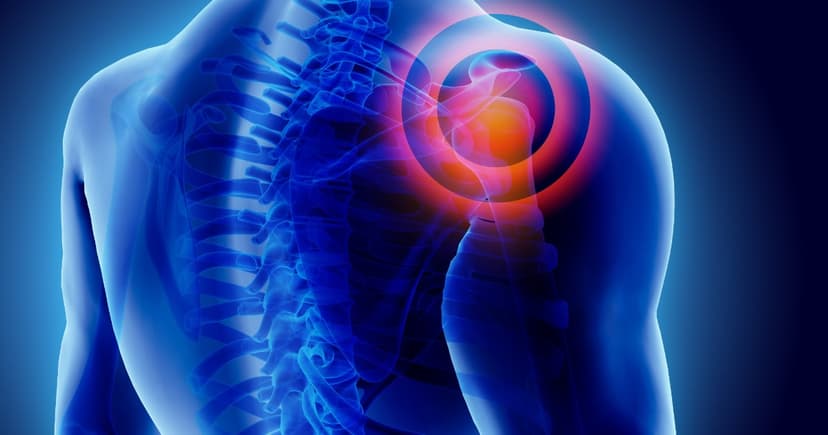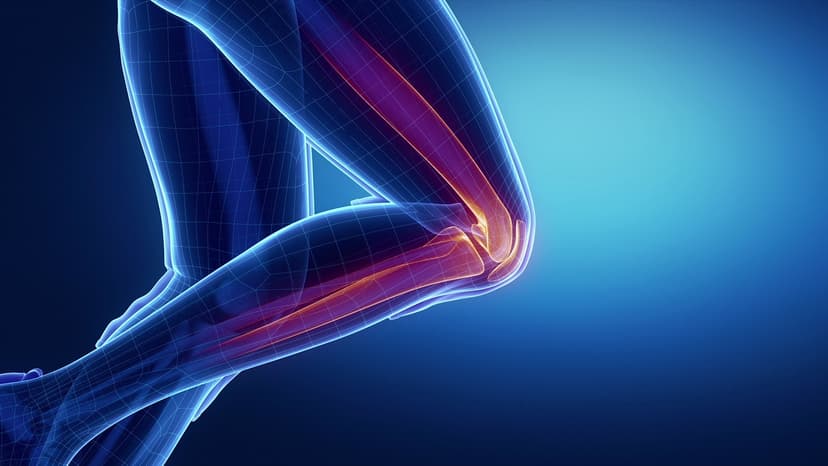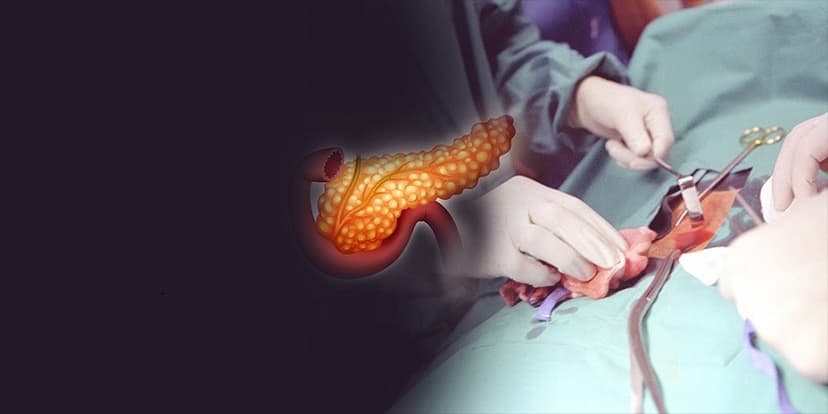Contents
What Is Stem Cell Therapy for Shoulder Pain?
Stem cell therapy for shoulder pain is a regenerative treatment designed to repair or regenerate damaged musculoskeletal tissue in the shoulder joint. It involves the injection of concentrated stem cells into affected areas such as tendons, ligaments, or cartilage to promote tissue healing and reduce inflammation. This therapy aims to restore joint function and delay or eliminate the need for surgical intervention.
Unlike conventional pain management methods, stem cell treatment for shoulder injuries focuses on biological repair. It utilizes the body's natural healing mechanisms by delivering undifferentiated cells that can adapt into specialized shoulder tissues. Patients often consider this therapy after standard treatments like physical therapy or corticosteroid injections fail to deliver long-term results.
Why Choose Stem Cell Therapy for Shoulder Conditions?
Stem cell therapy for shoulder conditions offers a non-surgical alternative for patients seeking pain relief and improved joint mobility. It is especially considered in cases where conservative methods have limited efficacy or when surgery is either not feasible or undesired.
This approach reduces the risks typically associated with shoulder surgery such as infection, anesthesia complications, and long recovery times. Additionally, regenerative treatments do not compromise tissue integrity the way some surgical procedures do. As a result, shoulder stem cell injections can be a viable option for patients wanting to maintain shoulder function with minimal disruption.
Common Shoulder Problems Treated With Stem Cell Therapy
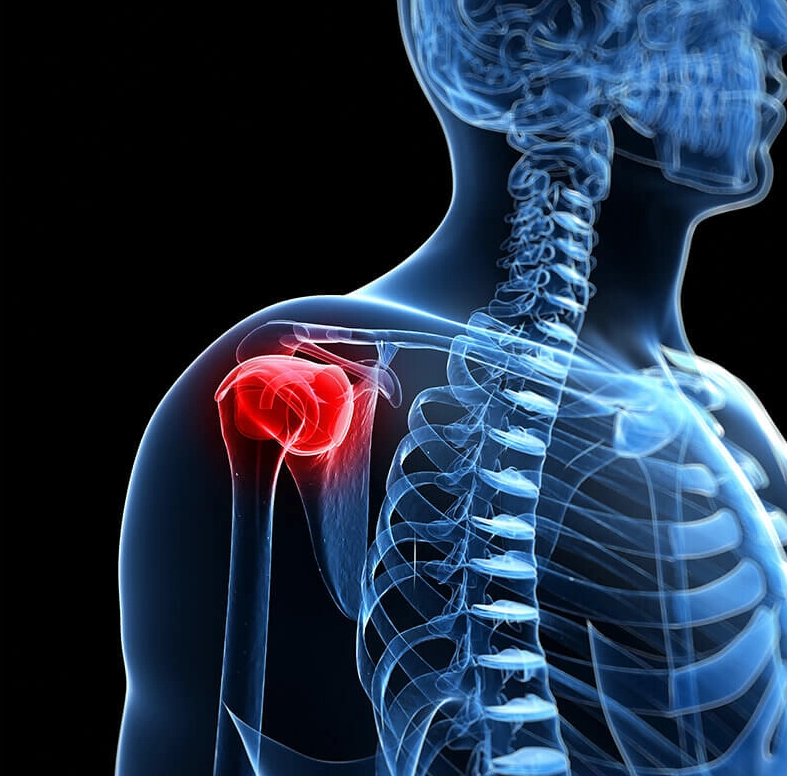
Rotator Cuff Tears
Rotator cuff tears are a primary target for stem cell therapy for shoulder injuries. This condition affects the group of tendons stabilizing the shoulder and commonly results in weakness, pain, and limited range of motion. When partial tears or tendon degeneration occur, autologous stem cells can accelerate tendon healing and improve structural integrity.
Injections are usually delivered under ultrasound guidance to ensure accurate placement into the damaged region. Studies show that biologic treatments can enhance tendon thickness and support cellular regeneration, reducing the need for arthroscopic surgery in select cases.
Shoulder Osteoarthritis
Shoulder osteoarthritis involves cartilage degeneration leading to joint pain and stiffness. Stem cell injections for shoulder arthritis aim to slow the degenerative process and alleviate inflammation. These cells can influence local immune responses and initiate cartilage-like matrix production, contributing to joint preservation.
In mild to moderate cases, this therapy may delay joint replacement surgery. For some patients, clinical improvement in mobility and pain levels is observable within weeks to months after injection, though multiple sessions may be needed depending on the stage of degeneration.
Tendon and Ligament Injuries
Tendon and ligament structures in the shoulder are prone to microtears, especially in athletes or repetitive overhead motion workers. Stem cell therapy is used in cases where injuries are chronic or not healing adequately with conventional approaches.
Regenerative injections support cell proliferation, reduce scar formation, and promote organized collagen deposition. This enhances recovery and functional performance while minimizing long-term instability or pain. Ligament healing can be significantly enhanced when biologic therapies are combined with physical rehabilitation.
Bursitis and Chronic Inflammation
Chronic subacromial bursitis involves persistent inflammation of the fluid-filled sac that cushions the shoulder joint. While corticosteroid injections offer temporary relief, stem cell therapy targets the underlying tissue degeneration and promotes regeneration of the inflamed bursa.
By modulating cytokine expression and tissue metabolism, injected cells can reduce inflammatory cycles. This allows patients with recurrent bursitis to regain function without repetitive medication use or invasive procedures.
Frozen Shoulder (Adhesive Capsulitis)
Frozen shoulder, or adhesive capsulitis, is marked by joint stiffness and pain due to thickening of the shoulder capsule. Traditional treatments include corticosteroids and physiotherapy, but regenerative injections are being explored for resistant cases.
Stem cells may influence capsular fibrosis and support extracellular matrix remodeling. When injected intra-articularly, they offer an adjunct option for improving range of motion and reducing capsular stiffness.
Who Is a Candidate for Shoulder Stem Cell Therapy?
Ideal candidates for shoulder stem cell therapy include individuals with persistent shoulder pain, limited mobility, or soft tissue damage who do not respond to conventional treatments. These patients typically want to avoid surgery or are medically unfit for invasive procedures.
Candidates are often those with early to moderate rotator cuff injuries, osteoarthritis, or repetitive strain-related damage. Imaging diagnostics such as MRI and ultrasound are used to confirm eligibility and assess tissue viability.
Patients with active infections, malignancies, or advanced joint collapse are not suited for regenerative procedures. A comprehensive evaluation ensures that stem cell therapy is both safe and likely to yield positive clinical outcomes.
Types of Stem Cell Therapies Used for Shoulder Pain
Autologous Stem Cells
Autologous stem cells are derived from the patient's own body. They are commonly harvested from bone marrow or adipose tissue and offer a lower risk of immune rejection. These cells are preferred in orthopedic applications due to their safety and compatibility.
Once extracted, the cells are processed and reinjected into the shoulder joint under image guidance. Since the source is autologous, the risk of infection or reaction is significantly minimized. Many shoulder pain treatment protocols rely on this approach.
Bone Marrow-Derived Stem Cells
Bone marrow-derived stem cells (BMSCs) are often collected from the iliac crest. They have a strong record in orthopedic applications because of their chondrogenic and anti-inflammatory capabilities.
These stem cells are processed via centrifugation to isolate mesenchymal stem cells (MSCs) and injected into damaged tissue. BMSCs are widely used in cases of cartilage degeneration, partial tendon tears, or joint inflammation.
Adipose-Derived Stem Cells
Adipose-derived stem cells (ADSCs) are obtained from the patient’s fat tissue, typically through liposuction. These cells are abundant and easier to harvest compared to bone marrow, offering a practical alternative for regenerative therapy.
They are commonly used in minimally invasive shoulder treatments, especially when larger cell volumes are required. ADSCs can support healing in tendinopathies and chronic inflammatory shoulder disorders.
Regenerative Orthopedic Protocols
Some clinics apply custom regenerative orthopedic protocols that integrate stem cell therapy with platelet-rich plasma (PRP), prolotherapy, or shockwave therapy. These multi-modal approaches aim to optimize cellular response and recovery.
Protocols are tailored based on imaging results, patient health profile, and clinical goals. This strategy is particularly useful in complex shoulder conditions that affect multiple structures such as rotator cuff tendons and joint capsule simultaneously.
How Stem Cell Therapy for Shoulder Pain Works
Shoulder stem cell therapy begins with diagnostic imaging to identify the damaged region. Following this, stem cells are collected, processed, and injected precisely into the affected shoulder tissues.
Guided injections ensure accurate placement into structures like the rotator cuff or glenohumeral joint. The therapeutic effect is achieved through anti-inflammatory action, stimulation of tissue regeneration, and modulation of local cellular activity.
Patients are often advised to undergo a structured rehabilitation program post-injection. This helps integrate the biological repair process with biomechanical recovery, optimizing functional outcomes.
Shoulder Stem Cell Therapy Costs
The cost of shoulder stem cell therapy varies depending on the clinic, type of stem cells used, and complexity of the condition. Prices can range from $3,000 to over $10,000 per treatment, especially in top-tier European clinics.
Factors such as imaging, physician expertise, cell processing method, and number of injections influence total stem cell therapy cost. For example, autologous therapies using BMSCs are often more expensive due to surgical harvesting and laboratory procedures.
Some patients opt for clinics with bundled packages that include consultation, imaging, injection, and follow-up care. However, lower prices from unverified clinics using stem cells of uncertain origin can result in ineffective treatment, requiring patients to repeat therapy elsewhere at higher costs and greater health risks.
Best Stem Cell Therapy Clinics for Shoulder Pain
Clinic of Advanced Biological Medicine Frankfurt am Main
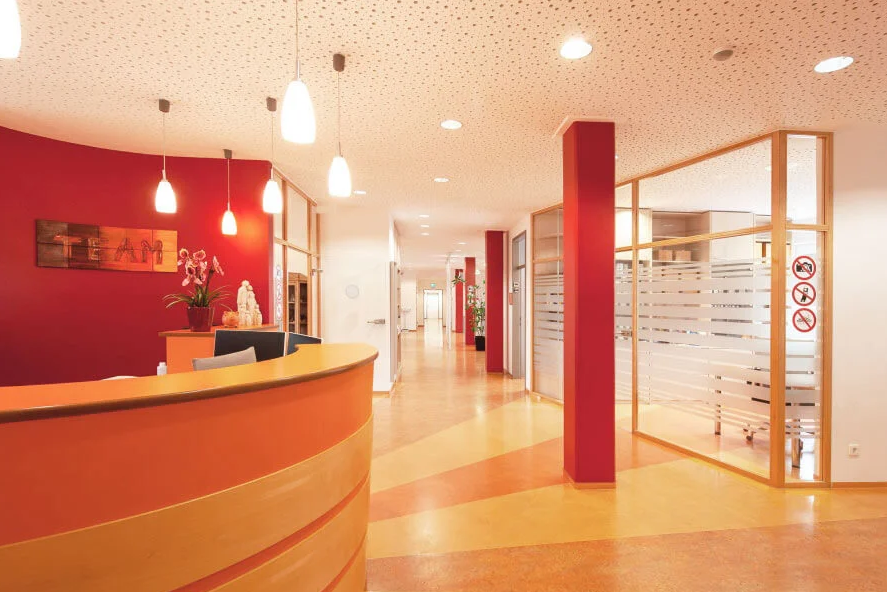
Located in Germany, this clinic combines traditional medicine with integrative biological therapies. Their regenerative medicine unit treats complex cases with stem cell therapy, targeting immune modulation and long-term pain relief.
The facility emphasizes precise diagnostics and custom therapeutic combinations. For shoulder pain, their methods include cell-based injections supported by naturopathy and functional medicine to enhance cellular responsiveness.
This clinic appeals to patients looking for holistic, science-backed approaches. Each case is handled with personalized planning, reducing the chance of treatment resistance.
Orthopedic Center Munich East Munich

This German facility is a leader in minimally invasive orthopedic procedures. Known for treating over 20,000 musculoskeletal patients annually, it specializes in arthroscopic shoulder repair combined with stem cell therapy.
The clinic integrates digital radiography, 4D spinal imaging, and MRI to identify precise treatment targets. In the context of rotator cuff tears or osteoarthritis, stem cells are delivered in conjunction with conservative orthopedic care for optimal results.
Its medical staff includes six orthopedic specialists recognized in Germany and abroad. International patients benefit from multilingual service and short inpatient stays.
ATOS Clinic Munich
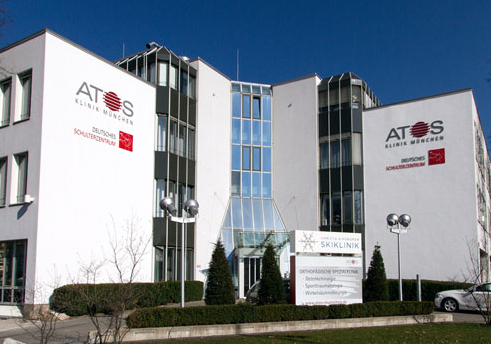
Recognized by Focus magazine, ATOS Clinic ranks among Germany’s top institutions for orthopedic care. Its shoulder unit provides stem cell-enhanced therapy combined with surgical and non-surgical treatments.
They emphasize personalized treatment plans with a strong focus on diagnostics. Injections are administered alongside image-guided therapies, and patients undergo detailed post-treatment assessments.
ATOS Clinic features 40 private beds, luxurious accommodations, and a 96% patient satisfaction rate, making it a preferred choice for high-end regenerative care.
Klinik Gut : Schulter
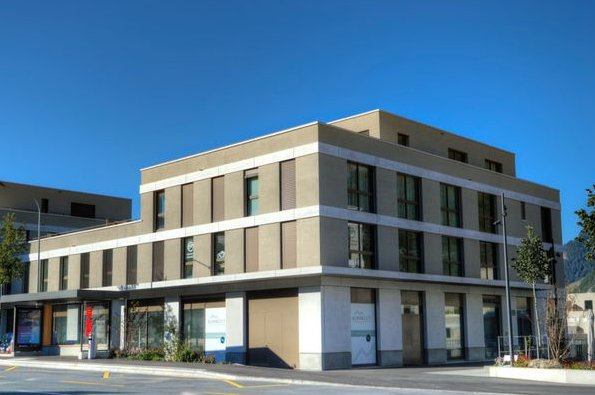
Klinik Gut is a Swiss facility with extensive expertise in shoulder trauma and degeneration. Their specialists manage conditions such as adhesive capsulitis, osteonecrosis, and tendon rupture using biologic injection protocols.
Patients receive a full-cycle service: diagnostics, imaging, injection therapy, surgical options, and rehabilitation planning. Arthroscopic procedures and regenerative shoulder injections are central to their strategy.
A unique aspect of this clinic is its inclusion of upper extremity-focused physiotherapists in the care team, ensuring continuity from diagnosis to recovery.
Liv Hospital
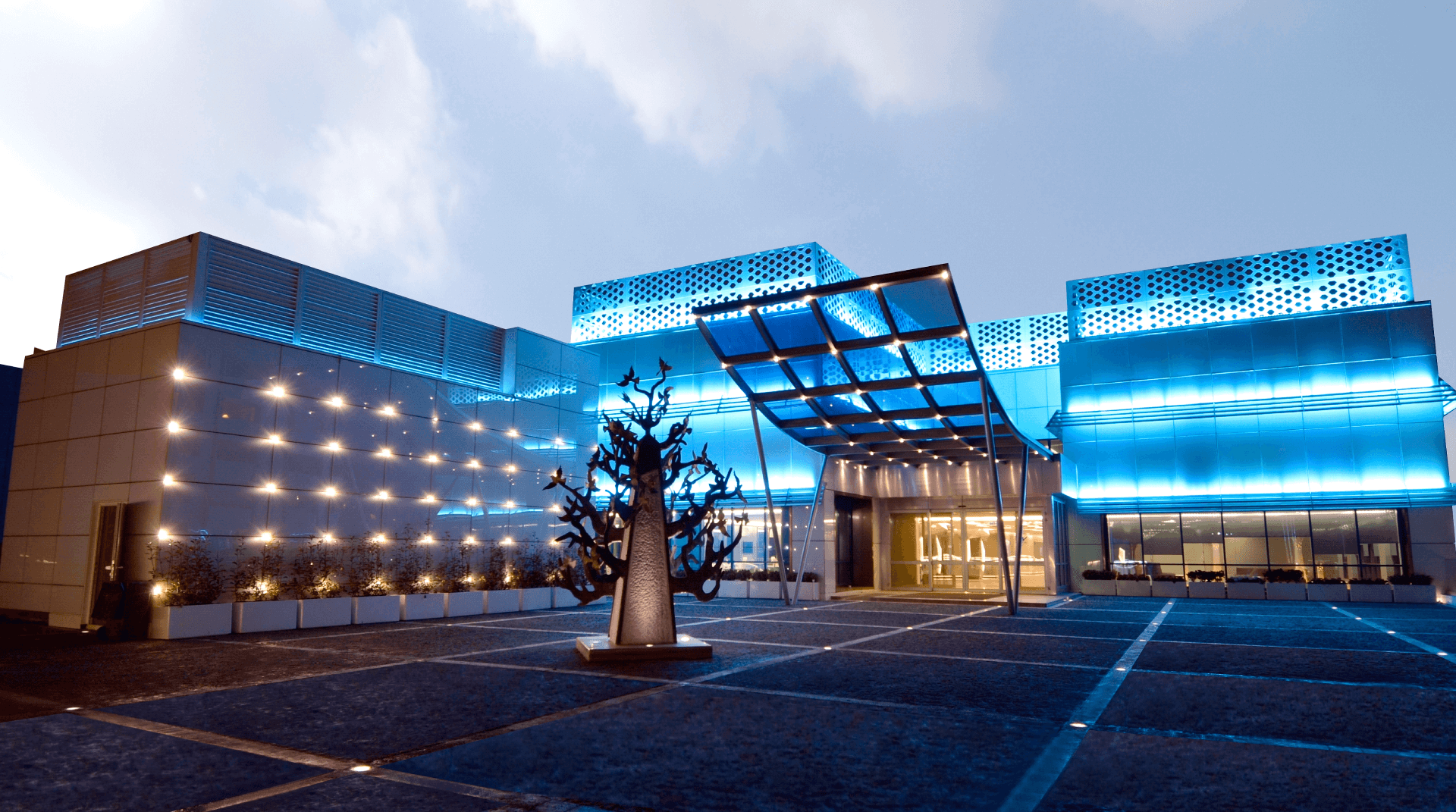
Liv Hospital in Turkey is a renowned institution offering comprehensive stem cell treatment programs. The hospital’s regenerative department uses autologous stem cells processed in a certified GMP lab.
For shoulder pain, therapy includes cell-based injections guided by advanced imaging tools. Liv’s protocol also integrates follow-up assessments and rehab services to ensure lasting improvement.
International patients benefit from multilingual support, online consultations, and a detailed pre-treatment evaluation system. This makes Liv one of the top choices for overseas patients seeking orthopedic regenerative care.
Medicana Health Group
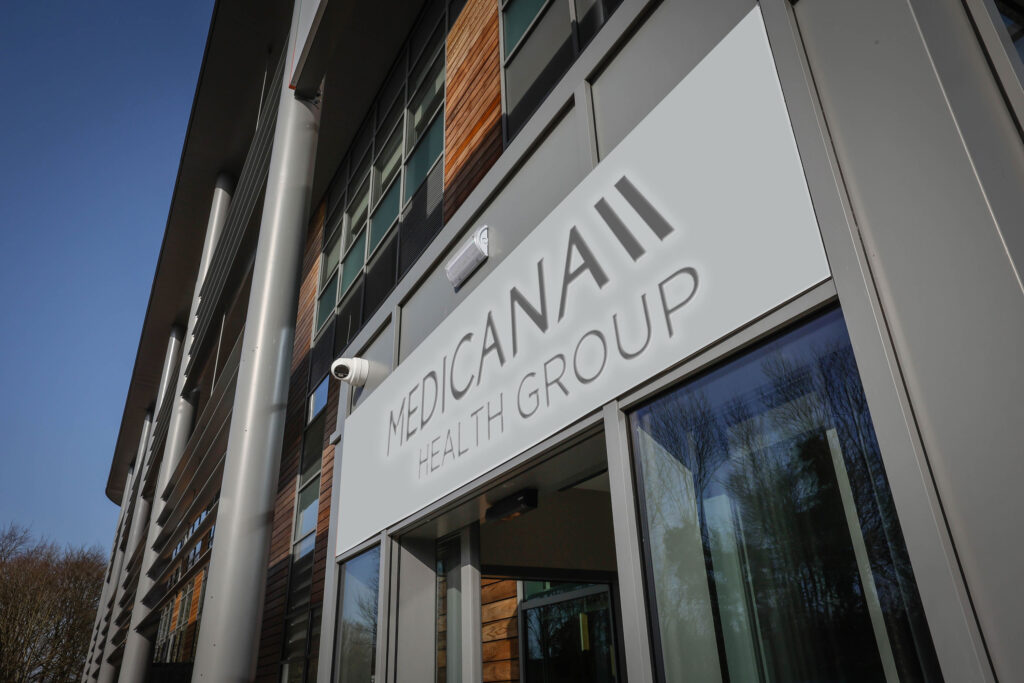
Medicana is among the most accessible options for stem cell therapy in Turkey. The group offers stem cell procedures in compliance with global safety standards, including bone marrow and adipose-derived options.
Shoulder therapies are managed with personalized treatment protocols and real-time diagnostics. Their medical team focuses on functional recovery, emphasizing patient mobility and long-term outcomes.
Medicana also coordinates complete medical travel services, including transport and accommodation, which makes it appealing for non-local patients.
IQB Medical
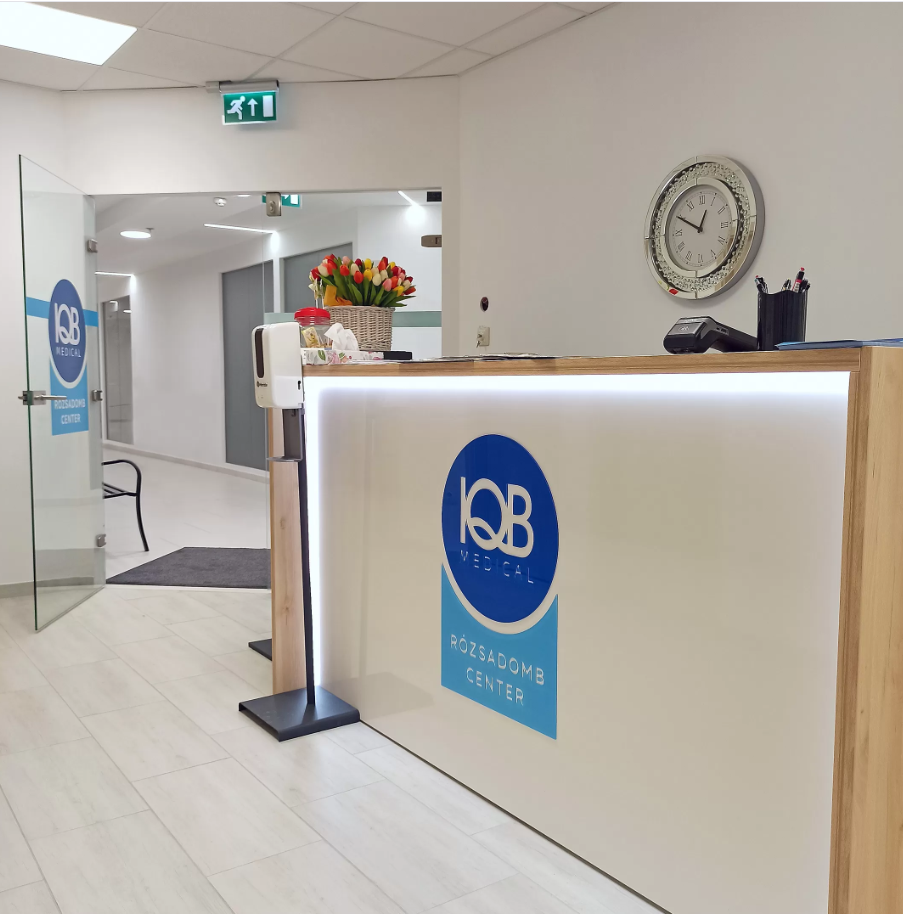
Located in Budapest, IQB Medical combines modern regenerative medicine with holistic care. Their team applies autologous and allogeneic protocols tailored to orthopedic pain management.
The center supports a high-volume diagnostic infrastructure and short wait times. IQB’s shoulder treatment plans include regenerative injections, physiotherapy integration, and real-time progress tracking.
IQB’s medical network includes surgical specialists and rehabilitation experts, ensuring multi-disciplinary input in complex shoulder cases. Their pricing is considered competitive within Central Europe.
Expected Results From Stem Cell Therapy for Shoulder Pain
Most patients undergoing stem cell therapy for shoulder injuries report reduced pain, increased range of motion, and enhanced function within weeks to months. However, outcomes depend heavily on the severity of the condition and patient adherence to post-treatment care.
Clinical data show better results in patients with early-stage rotator cuff tears or mild osteoarthritis. For advanced degeneration or structural damage, stem cell therapy may serve as supportive care rather than a definitive solution.
Repeat injections are sometimes needed, especially for chronic inflammation or capsular fibrosis. Success is typically defined by sustained symptom relief and delayed surgical intervention.
Risks and Side Effects of Shoulder Stem Cell Therapy
Stem cell treatment for shoulder pain is generally well-tolerated, especially when autologous cells are used. Reported side effects include temporary swelling, soreness at the injection site, and mild inflammation.
More serious risks, such as infection or immune response, are rare when procedures are conducted in certified facilities. The greatest risk is ineffective treatment due to poor-quality stem cell products or unverified clinical protocols.
Patients should avoid clinics using stem cells sourced from untraceable or uncertified labs. These products may be ineffective or harmful, often leading patients to undergo additional, more costly procedures elsewhere.
How to Start Stem Cell Treatment for Shoulder Pain
Starting shoulder stem cell therapy typically includes a few structured steps:
- Initial evaluation: Submit your medical history, MRI or ultrasound scans, and a summary of your current symptoms to the clinic or coordination team.
- Virtual consultation: Schedule a video call with an orthopedic specialist to discuss whether stem cell injections for shoulder pain are suitable for your condition.
- Treatment planning: If eligible, you'll receive a personalized treatment plan detailing stem cell harvesting method, injection sites, and estimated cost.
- Logistics coordination: Plan your trip if you’re traveling internationally. Some clinics offer assistance with airport transfers, hotel bookings, and interpretation services.
- Procedure & follow-up: Receive the injection(s) under imaging guidance, followed by a structured rehabilitation protocol and ongoing monitoring.
By following this pathway, patients can ensure a streamlined experience with higher chances of success and fewer delays in care.
Why Choose A-Medical for Shoulder Stem Cell Treatment Coordination?
A-Medical helps patients connect with certified and proven shoulder stem cell therapy clinics. Here's what makes A-Medical a trusted partner:
- ✅ Only partners with clinics using traceable, certified stem cells from ethical sources.
- ✅ Filters out facilities that use unverified or low-quality products to avoid health and financial risks.
- ✅ Offers free medical file evaluations, ensuring only eligible patients proceed to treatment.
- ✅ Assists with second medical opinions from top orthopedic experts.
- ✅ Provides full travel and scheduling support, including airport-hotel-clinic coordination.
- ✅ Maintains long-term follow-up with patients to monitor outcomes and satisfaction.
- ✅ Transparent pricing: no hidden fees, no surprise charges.
Choosing A-Medical means minimizing your risk and maximizing the quality and safety of your shoulder stem cell therapy experience.
